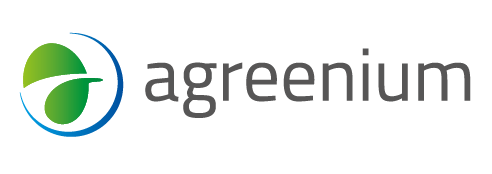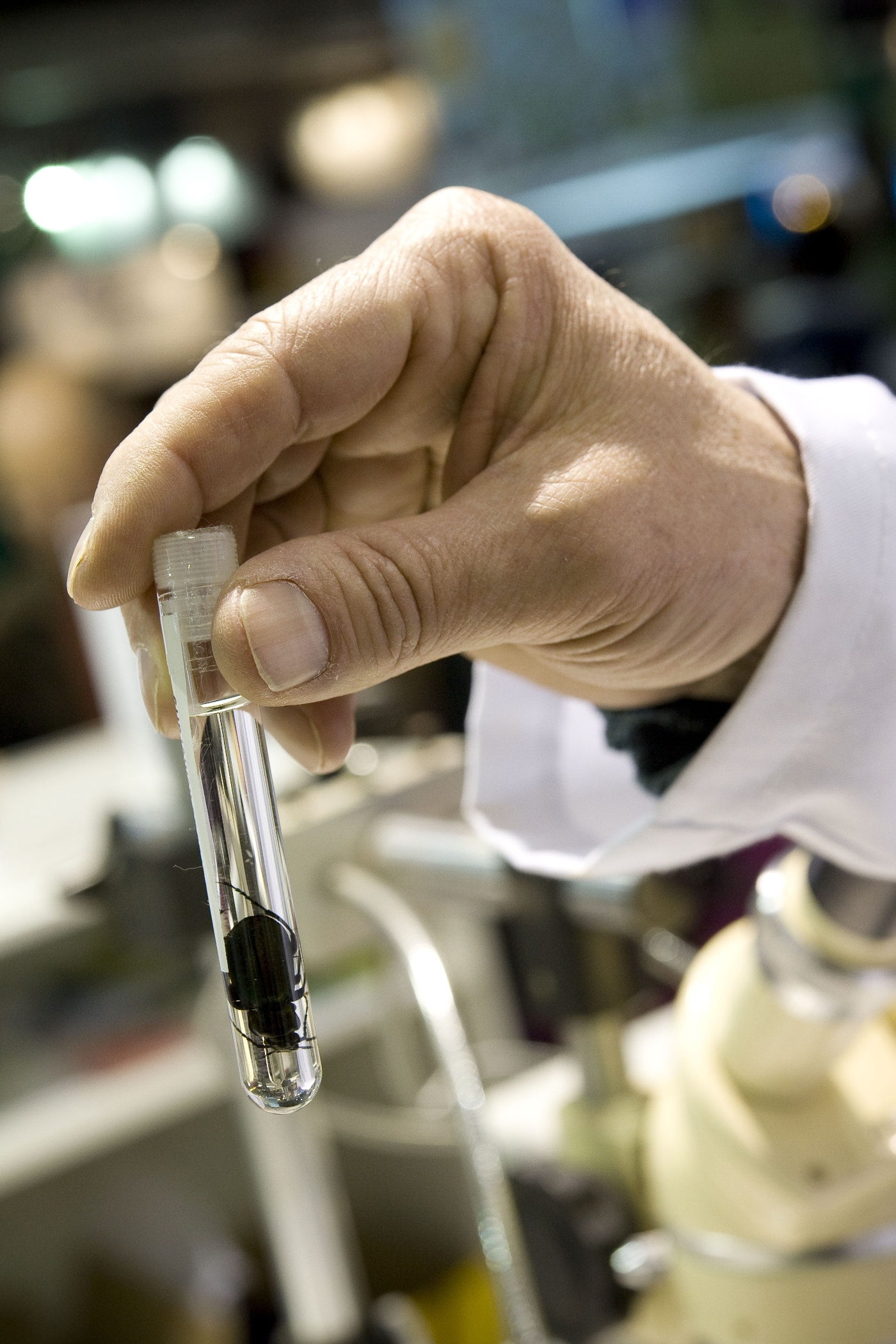training courses
Doctoral training courses
The doctoral schools organise training for PhD students and prepare them for the school-to-work transition.
PhD students will be required throughout their thesis to take a certain number of teaching courses offered by the doctoral schools and research laboratories.
Doctoral training is made up of different types of doctoral teaching:
- advanced scientific and technical modules in conjunction with the research project disciplines in the form of lessons, seminars, summer schools, etc.
- scientific and cultural introduction modules (opening up to other disciplines, reflections on current topics, relationships between science and society, etc.)
- professionalisation modules (knowledge of the business world and research environment, preparation for school-to-work transition)
- language and communication technique modules (English, French for non-French-speakers, scientific communication, etc.).
Every PhD student creates an individual career path based on his personal and professional plan.
Agreenium added-value
The Agreenium members are accredited under fifteen doctoral schools and involved in some twenty other doctoral schools.
The institutions therefore offer a large number of PhD modules.
Discussions are currently underway within the doctoral college to encourage the pooling of doctoral modules between the different doctoral schools, thereby expanding the modules offered to the 2,500 PhD students welcomed into our laboratories.
In addition, Agreenium offers a PhD training programme under the Agreenium international research facility (EIR-A).
The Institute also offers summer-schools opened to PhD students, in partnership with Wageningen University and Research:
Agreenium and Wageningen Academy organize a Summer School on agroecology and animal production from Monday 26 until Thursday 29 June 2017 in Clermont-Ferrand (center of France), a VetAgro Sup Campus. This Summer School is for professionals and PhD'ers. The number of participants to the course is limited to 30. The final registration date is 8 May 2017.
The objectives of this course is to introduce the participants to the principles behind a Global One Health and to be able to apply these principles to health challenges.
The course is aimed at M.S. and Ph.D candidates who are interested to learn more about the concepts of one-health and who want to see how the various disciplines of one-health interact with each other.




